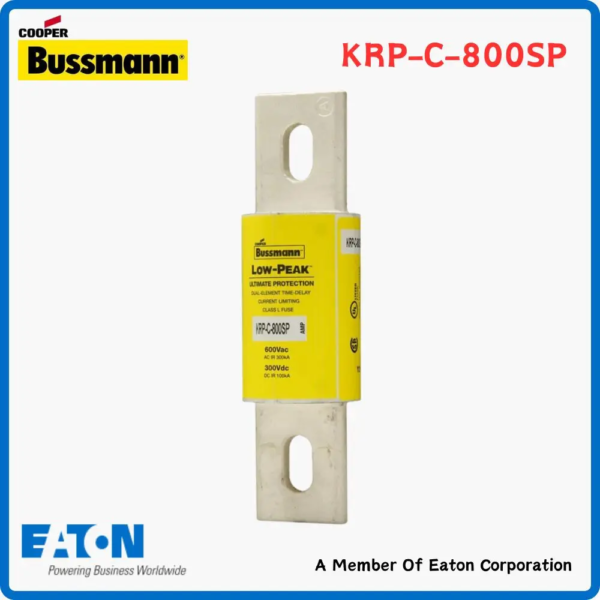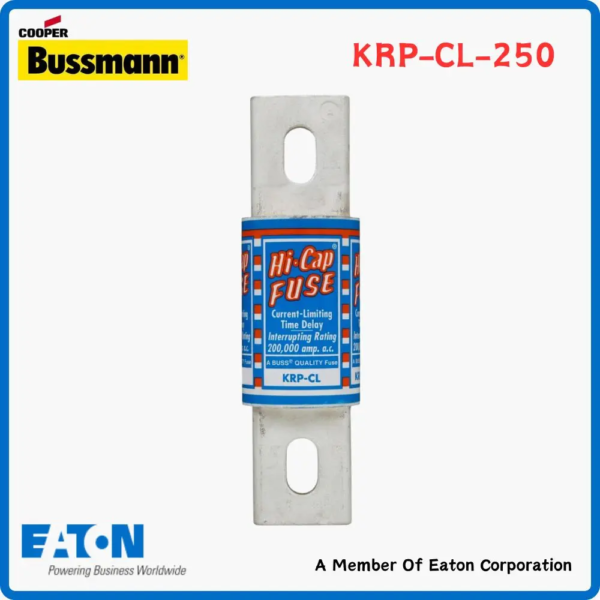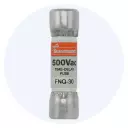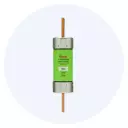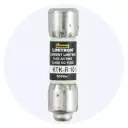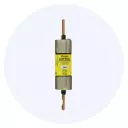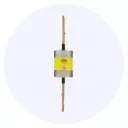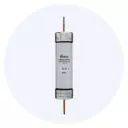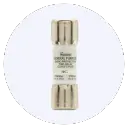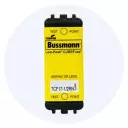Bussmann FNQ Fuses
Eaton Bussmann FNQ-1/8 Low Voltage Fuse
Rated 5.00 out of 5In stock
$16.74EachSKU: FNQ-1/8Weight 0.175 lbs Dimensions 0.01138889 × 0.01138889 × 0.04166667 yd Brand Eaton Bussmann
Eaton-Bussmann, with its headquarters in St. Louis, Missouri, is a division of Eaton Corporation that specializes in the production of circuit protection products. These products are designed for use in the electrical, electronic, and automotive industries, both domestically and on a global scale. The company boasts a strong manufacturing network with facilities located in three domestic and six international locations, reflecting its commitment to serving customers worldwide. With a team of approximately 3,000 employees, Eaton-Bussmann is well-positioned to meet the ever-evolving needs of its customers in the electrical protection industry.
Eaton stands as a forward-thinking leader in power management, focused on enhancing lifestyles and safeguarding the planet. Leveraging the worldwide momentum of electrification and digital innovation, they propel the global shift towards renewable energy, addressing pressing power management issues on a global scale.Product type Low Voltage Fuse
Voltage 500 Volt
Eaton Bussmann FNQ-R-1/10 Low Voltage Fuse
Rated 5.00 out of 5In stock
$11.33EachSKU: FNQ-R-1/10Weight 0.175 lbs Dimensions 0.01138889 × 0.01138889 × 0.04166667 yd Brand Eaton Bussmann
Eaton-Bussmann, with its headquarters in St. Louis, Missouri, is a division of Eaton Corporation that specializes in the production of circuit protection products. These products are designed for use in the electrical, electronic, and automotive industries, both domestically and on a global scale. The company boasts a strong manufacturing network with facilities located in three domestic and six international locations, reflecting its commitment to serving customers worldwide. With a team of approximately 3,000 employees, Eaton-Bussmann is well-positioned to meet the ever-evolving needs of its customers in the electrical protection industry.
Eaton stands as a forward-thinking leader in power management, focused on enhancing lifestyles and safeguarding the planet. Leveraging the worldwide momentum of electrification and digital innovation, they propel the global shift towards renewable energy, addressing pressing power management issues on a global scale.Product type Low Voltage Fuse
Voltage 500 Volt
Bussmann WCF Fuses
Bussmann FCF Fuses
Eaton Bussmann Series UL Class CF, FCF 1RN Fuse
Rated 5.00 out of 5In stock
$79.99SKU: FCF1RNBrand Eaton Bussmann
Eaton-Bussmann, with its headquarters in St. Louis, Missouri, is a division of Eaton Corporation that specializes in the production of circuit protection products. These products are designed for use in the electrical, electronic, and automotive industries, both domestically and on a global scale. The company boasts a strong manufacturing network with facilities located in three domestic and six international locations, reflecting its commitment to serving customers worldwide. With a team of approximately 3,000 employees, Eaton-Bussmann is well-positioned to meet the ever-evolving needs of its customers in the electrical protection industry.
Eaton stands as a forward-thinking leader in power management, focused on enhancing lifestyles and safeguarding the planet. Leveraging the worldwide momentum of electrification and digital innovation, they propel the global shift towards renewable energy, addressing pressing power management issues on a global scale.Product type Fuse
Voltage 600 Volt
Bussmann FRS Fuses
Bussmann HEB-AA Fuse
Eaton Bussmann HEB-AA Inline Fuse Holder
Rated 5.00 out of 5In stock
$18.99SKU: 504-HEB-AA-2Brand Eaton Bussmann
Eaton-Bussmann, with its headquarters in St. Louis, Missouri, is a division of Eaton Corporation that specializes in the production of circuit protection products. These products are designed for use in the electrical, electronic, and automotive industries, both domestically and on a global scale. The company boasts a strong manufacturing network with facilities located in three domestic and six international locations, reflecting its commitment to serving customers worldwide. With a team of approximately 3,000 employees, Eaton-Bussmann is well-positioned to meet the ever-evolving needs of its customers in the electrical protection industry.
Eaton stands as a forward-thinking leader in power management, focused on enhancing lifestyles and safeguarding the planet. Leveraging the worldwide momentum of electrification and digital innovation, they propel the global shift towards renewable energy, addressing pressing power management issues on a global scale.Product type Fuse
Voltage 600 Volt
Bussmann JJN Fuses
Bussmann JJS Fuses
Bussmann JKS Fuses
Eaton Bussmann Fuse JKS-1 Low Voltage Fuse
Rated 5.00 out of 5In stock
$13.99SKU: JKS-1Brand Eaton Bussmann
Eaton-Bussmann, with its headquarters in St. Louis, Missouri, is a division of Eaton Corporation that specializes in the production of circuit protection products. These products are designed for use in the electrical, electronic, and automotive industries, both domestically and on a global scale. The company boasts a strong manufacturing network with facilities located in three domestic and six international locations, reflecting its commitment to serving customers worldwide. With a team of approximately 3,000 employees, Eaton-Bussmann is well-positioned to meet the ever-evolving needs of its customers in the electrical protection industry.
Eaton stands as a forward-thinking leader in power management, focused on enhancing lifestyles and safeguarding the planet. Leveraging the worldwide momentum of electrification and digital innovation, they propel the global shift towards renewable energy, addressing pressing power management issues on a global scale.Product type Low Voltage Fuse
Voltage 600 Volt
Bussmann KRP Fuses
Understanding Eaton-Bussmann Fuse Carrying Capacity Matters
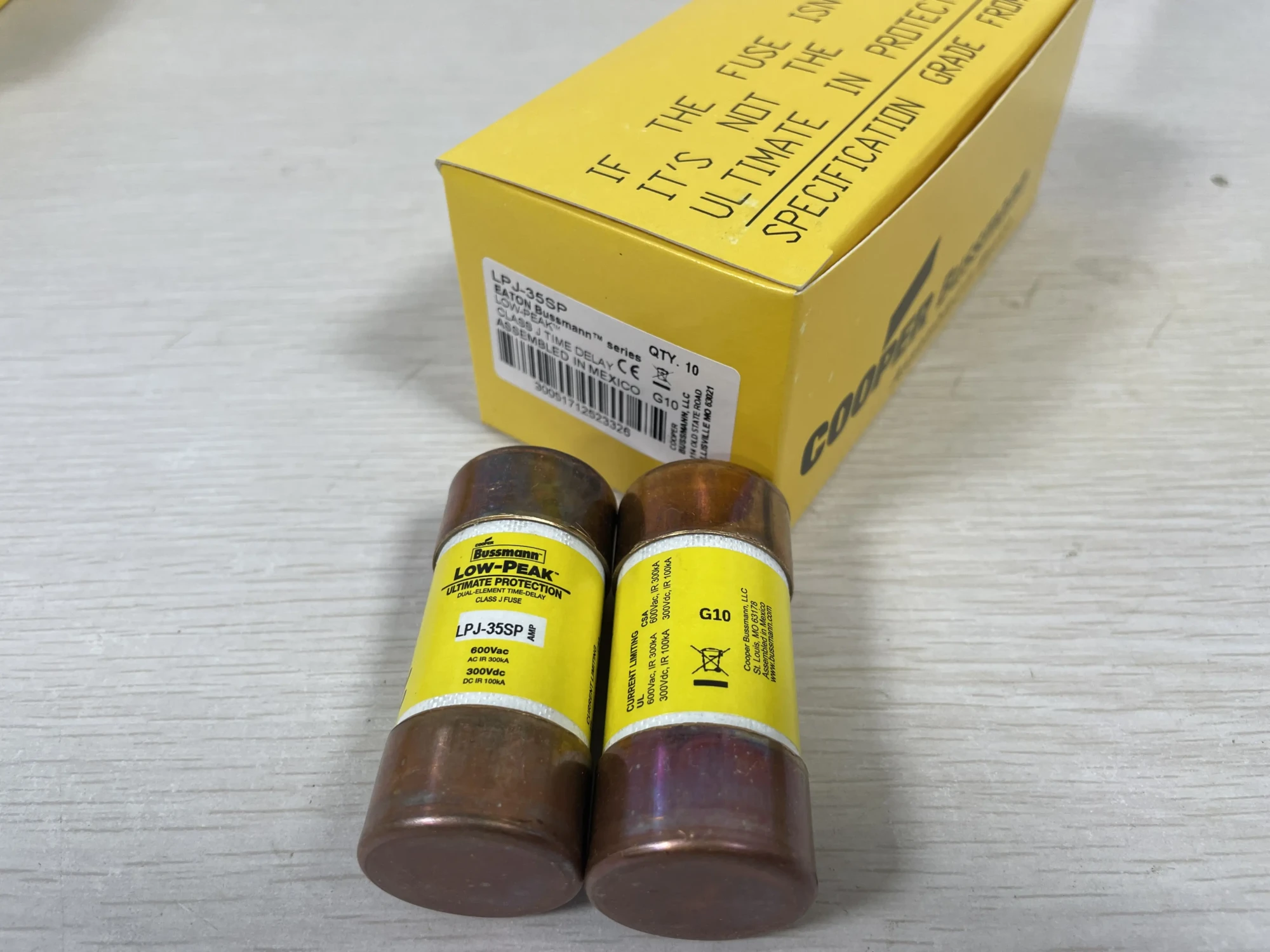
Eaton Bussmann is a renowned company specializing in power management and circuit protection solutions. As a leader in the industry, Eaton Bussmann provides a wide range of products and solutions to protect circuits from damage. One crucial aspect of circuit protection is understanding the fuse carrying capacity, which is essential for ensuring the safe and efficient operation of electrical systems.
Fuse carrying capacity refers to the maximum amount of current that a fuse can handle before it melts or opens the circuit. It is a critical parameter in selecting the right fuse for a particular application. Eaton Bussmann fuses are designed to provide reliable and efficient protection for electrical circuits, and understanding their carrying capacity is vital for ensuring the overall performance and safety of the system.
Eaton Bussmann offers a diverse range of fuses, including North American fast-blow fuses, IEC standard fuses, American standard cylindrical fuses, European standard square fast-blow fuses, UL/CSA certified low-voltage fuses, miniature low-voltage fuses, fuse holders, and microswitches. Each type of fuse has its unique characteristics, advantages, and applications. For instance, fast-blow fuses are designed to interrupt currents quickly, while slow-blow fuses are designed to allow for temporary overloads.
When selecting a fuse, it is essential to consider the carrying capacity, voltage rating, and interrupting capacity. The carrying capacity of a fuse is typically measured in amps, and it is critical to choose a fuse with a carrying capacity that matches the maximum expected current in the circuit. Underrating or overrating a fuse can lead to premature failure, reduced system performance, or even safety hazards.
Eaton Bussmann fuses are designed to meet the highest standards of quality and reliability. They are manufactured using advanced materials and technology, ensuring consistent performance and long lifespan. The company’s commitment to quality is reflected in its stringent testing and validation procedures, which guarantee that every fuse meets the required specifications and performance criteria.
In addition to fuses, Eaton Bussmann also offers a range of other products, including electronics, transportation, and power solutions. Their electronics portfolio includes chip fuses, ESD suppressors, supercapacitors, power inductors, glass/ceramic tube fuses, and resettable fuses. These products are designed to provide innovative solutions for various applications, from consumer electronics to industrial control systems.
As an authorized Eaton Bussmann distributor, it is crucial to ensure that all products meet the manufacturer’s standards and specifications. Aaaelect-Bussmann, a leading distributor, guarantees the authenticity and quality of Eaton Bussmann products, providing customers with the latest technical information and a comprehensive online product and inventory list.
Understanding Eaton Bussmann fuse carrying capacity matters is critical for engineers, designers, and manufacturers who rely on these products to protect their circuits and ensure the safe and efficient operation of electrical systems. By selecting the right fuse with the appropriate carrying capacity, voltage rating, and interrupting capacity, users can minimize the risk of premature failure, reduce downtime, and optimize system performance.
In conclusion, Eaton Bussmann fuse carrying capacity is a vital parameter that requires careful consideration when selecting fuses for electrical systems. With a wide range of products and solutions available, Eaton Bussmann is a trusted partner for businesses and individuals seeking reliable and efficient circuit protection. By understanding the importance of fuse carrying capacity and selecting the right products, users can ensure the safe, efficient, and reliable operation of their electrical systems.
To further illustrate the importance of fuse carrying capacity, consider the following example: a manufacturer of industrial control systems requires a fuse that can handle a maximum current of 10 amps. If the manufacturer selects a fuse with a carrying capacity of 5 amps, it may lead to premature failure and reduced system performance. On the other hand, selecting a fuse with a carrying capacity of 20 amps may result in unnecessary costs and reduced efficiency. By choosing a fuse with the correct carrying capacity, the manufacturer can ensure the optimal performance and safety of the system.
In summary, understanding Eaton Bussmann fuse carrying capacity matters is essential for ensuring the safe and efficient operation of electrical systems. By selecting the right fuse with the appropriate carrying capacity, voltage rating, and interrupting capacity, users can minimize the risk of premature failure, reduce downtime, and optimize system performance. As a leading provider of power management and circuit protection solutions, Eaton Bussmann is committed to helping customers manage power and protect their circuits from damage.
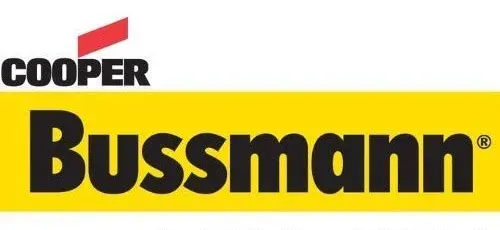
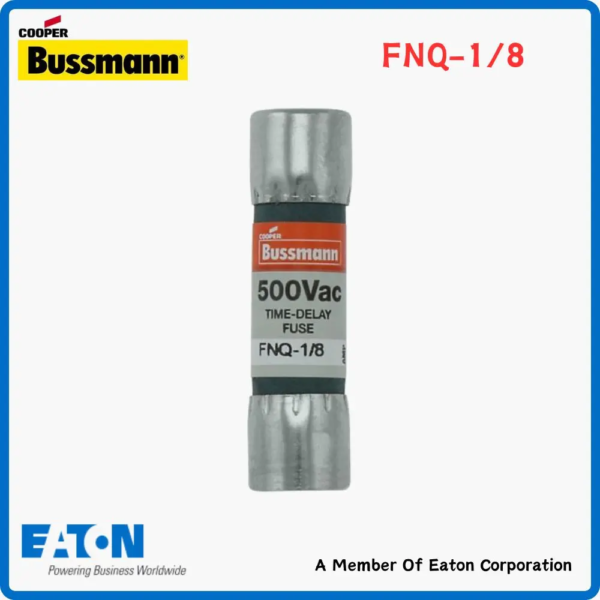
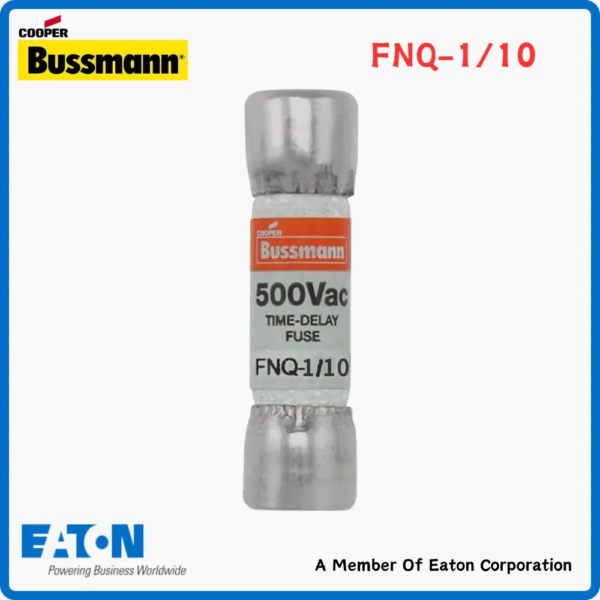

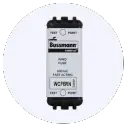 Bussmann WCF Fuses
Bussmann WCF Fuses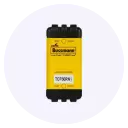 Bussmann FCF Fuses
Bussmann FCF Fuses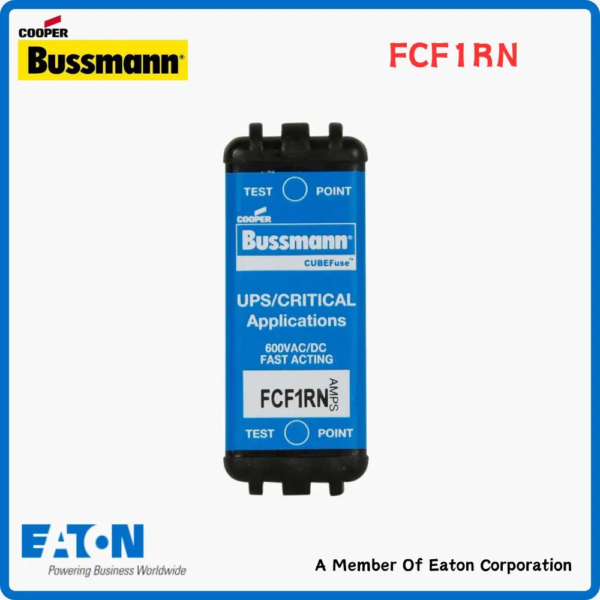
 Bussmann FRS Fuses
Bussmann FRS Fuses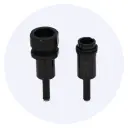 Bussmann HEB-AA Fuse
Bussmann HEB-AA Fuse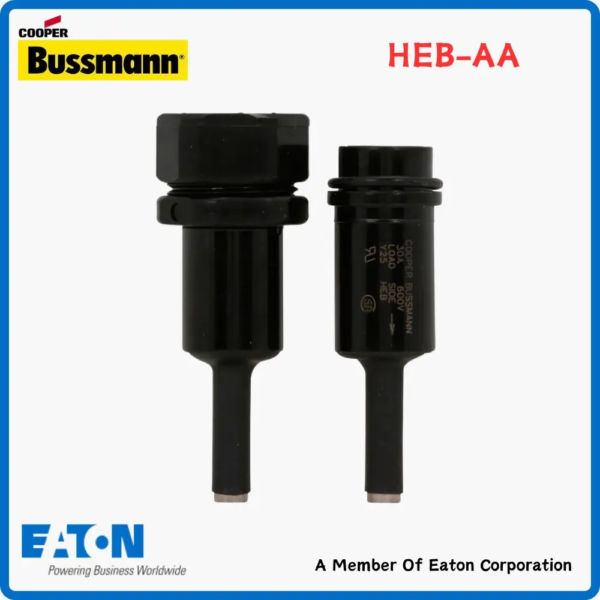
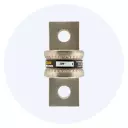 Bussmann JJN Fuses
Bussmann JJN Fuses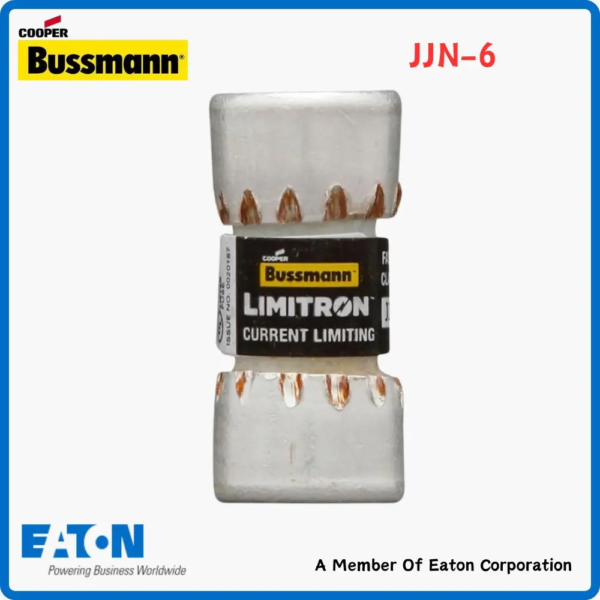
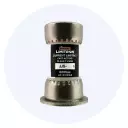 Bussmann JJS Fuses
Bussmann JJS Fuses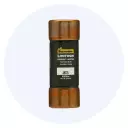 Bussmann JKS Fuses
Bussmann JKS Fuses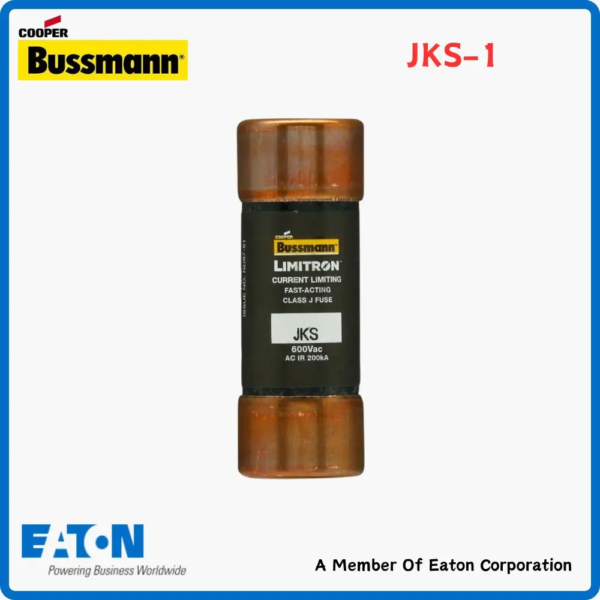
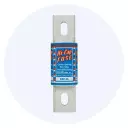 Bussmann KRP Fuses
Bussmann KRP Fuses